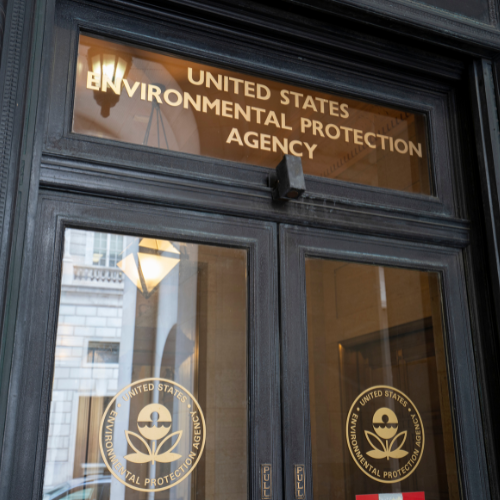Every year, various media outlets commemorate the September 11 terrorist attacks. They often look back at past events related to the attacks, but also the continuing impact on surviving family members and first responders.
Countless firefighters courageously ran towards, not away from the horrific sites. Those who survived are dealing with the aftermath of exposure to asbestos and other carcinogens that have led to serious and deadly diseases, including mesothelioma.
A revealing report
The first study to measure the length of time before the onset of cancer for 9/11 first responders was published in the Occupational & Environmental Medicines journal. It revealed troubling, if not tragic, findings. Researchers reviewed cancer diagnoses in nearly 11,000 NYC firefighters working at the World Trade Center from 2001 to 2016.
When placing that data side-by-side with almost 9,000 firefighters not part of the rescue operations, the firefighters who worked at the Twin Towers were 13 percent more likely to receive cancer diagnoses.
The job of firefighters often puts them in contact with materials that could cause mesothelioma and other types of cancer. What remains uncertain is the additional risks posed at the World Trade Center in 2001. Dust filled the air following the collapse of both towers. Brave first responders continued to work in direct contact with not only asbestos but also benzene and other potentially deadly carcinogens.
The study’s authors believe that the latency period of certain cancers requires a more thorough examination of the combination of firefighting, asbestos exposure, and life-changing and potentially deadly diseases. While not proving causation, a relationship likely exists between the brave men and women who put their lives on the line and cancer risks.














